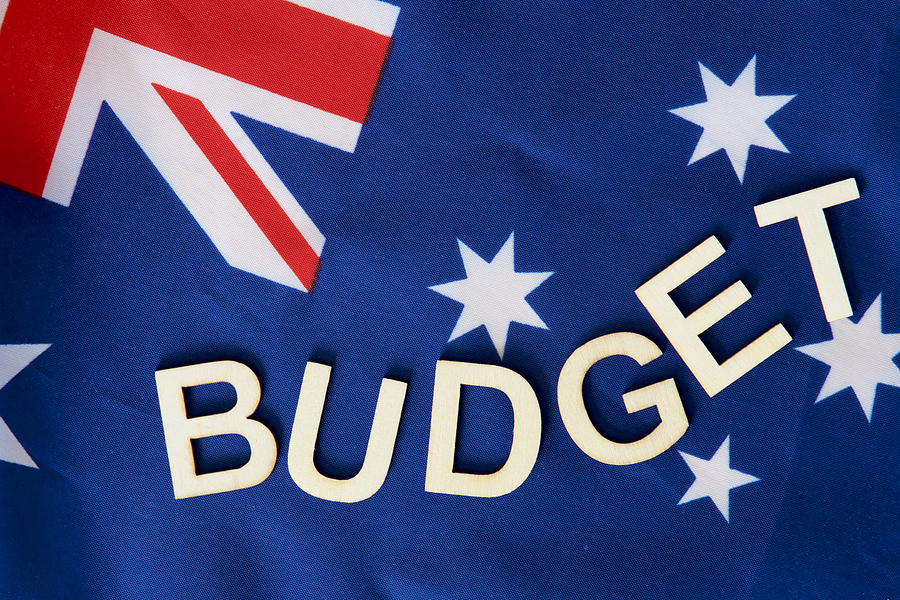This year has been one of the most challenging in living history for small businesses, and for many, it continues to be a struggle as they battle a recession and work hard to preserve jobs and livelihoods.
That’s why many business owners were glued to the Treasurer’s budget speech, seeking the confidence they need to keep going and have renewed optimism for the future.
We wanted to see policy changes to support our small business community, and I feel the government delivered with tax incentives, wage subsidies and mental health support. It’s important recognition of the role small businesses play in our economy and how many of them have been doing it tough as a result of bushfires and the pandemic.
Two of the most critical measures were the loss carryback provision and the temporary full expensing, both particularly critical given their direct impact on cashflow.
Intuit QuickBooks research by YouGov revealed 40 per cent of small businesses negatively impacted by COVID-19 saw revenue drop by half as lockdown restrictions hit. Half cited adequate cashflow as a major concern going forward.
These two provisions may be the difference between staying in business, or not.
The first allows businesses to claim back taxes paid on last year’s profits, in recognition of the fact that many previously profitable businesses are now struggling through no fault of their own. By clawing back some taxes paid, businesses can bring some more balance to the books until things pick up again. This measure is valued at almost $5 billion over four years.
The second means businesses with turnover up to $5 billion – that’s 99 per cent of businesses in Australia – can write off the full value of any eligible asset they purchase for their business from 6 October 2020 until 30 June 2022.
It is expected this $26.7 billion measure (over four years) will lead to a surge in business investment and, as the Treasurer put it, “boost the order books of the nation (as) small businesses will buy, sell, deliver, install and service these purchases.”
While these are potential lifelines for many small businesses, we highly recommend any small business wondering whether it is in their interests to take advantage of these initiatives to reach out to a financial advisor who can guide them through the pros, cons and processes involved.
The government also confirmed the introduction of its Digital Business Plan. An initiative the PM described as all about “supporting Australia’s economic recovery by removing outdated regulatory barriers, boosting the capability of small businesses, and backs the uptake of technology across the country.”
In reality, a very large percentage of the funding announced will go towards expanding and streamlining the Australian Business Register. By merging it with some 31 other registers used by other government agencies, the government hopes to make engagement between itself and industry more efficient.
We hope that more of these funds can flow towards supporting the digitisation of small businesses, given the multiplier effect it can have on efficiency and performance when they need it most.
By combining access to new sources of cashflow with the support of a financial advisor and the efficiency-driving benefits of increased digitisation, small businesses will come out stronger on the other side of this historic disruption.
Although some commentators may say the budget didn’t go far enough, the collection of policy changes that will directly impact our small business community, are very welcome. It will certainly help lift small businesses out of the current crisis and provide a much-needed boost to economic confidence.
As small business ombudsman Kate Carnell declared, this year’s budget was “one for the history books”.
Natira Drayton, Country Manager and Vice President, Intuit QuickBooks Australia













